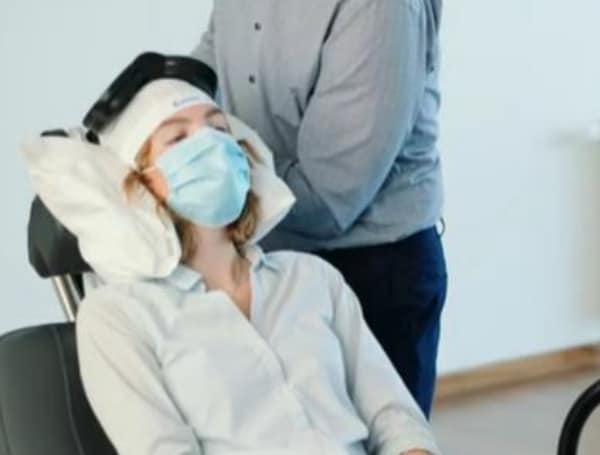HILLSBOROUGH COUNTY, FL. – Obsessive-compulsive disorder, or OCD, is a serious anxiety disorder that affects an estimated 1.3% of the American population.
For many, symptoms of OCD develop during childhood through early adulthood. A combination of obsessions and compulsions characterize the condition.
Obsessions are persistent thoughts, images, or impulses that cause you to become anxious, upset, or disgusted.
You may recognize that these thoughts are not exactly in line with reality, but you cannot always ignore or control them. Some of the more common obsessions involve worries about danger, contamination, sexual behaviors, or a need for symmetry or order.
Compulsions are thoughts or behaviors that are repetitive in nature and performed in response to an obsession.
They are done to try and mitigate the perceived harm from the obsession. For example, a person with an obsession about contamination may wash their hands dozens of times a day, well beyond what’s needed to reduce the risk of infection.
There are numerous behaviors linked to OCD. Some of the more common include:
- Checking to ensure doors are locked and appliances are turned off
- Cleaning the body or home to remove all traces of germs, dirt, or chemicals
- Repeating words or phrases to lessen anxiety about potential harm
- Ordering or arranging things to reduce discomfort
- Silently repeating mantras or prayers to try and avoid harm
Transcranial magnetic stimulation (TMS) is an FDA-approved treatment for depression, but many psychiatrists, like those at Brandon TMS and Psychiatry, use the treatment off-label to help men and women with obsessive-compulsive disorder.
Because OCD has ties to overactive function in certain areas of the brain, TMS therapy can help regulate brain activity and improve function.
“We have the MagVenture cool DB-80 coil FDA approved for OCD,” said Dr. Boris Kawliche of Brandon TMS. “Which is FDA approved but few TMS practices have the right equipment to reach deep enough into to brain to do this treatment properly but we do.”
It’s important to understand that no type of therapy has been shown to reliably “cure” OCD. However, men and women who undergo a TMS therapy regimen often find their symptoms are easier to manage.
That can improve your daily quality of life and help you regain control over your thought patterns and behaviors.
If you’d like to learn more about TMS and other treatments for obsessive-compulsive disorder, visit Brandon TMS and Psychiatry for a personalized consultation at your earliest convenience.
Support journalism by clicking here to our GoFundMe or sign up for our free newsletter by clicking here
Android Users, Click Here To Download The Free Press App And Never Miss A Story. It’s Free And Coming To Apple Users Soon


